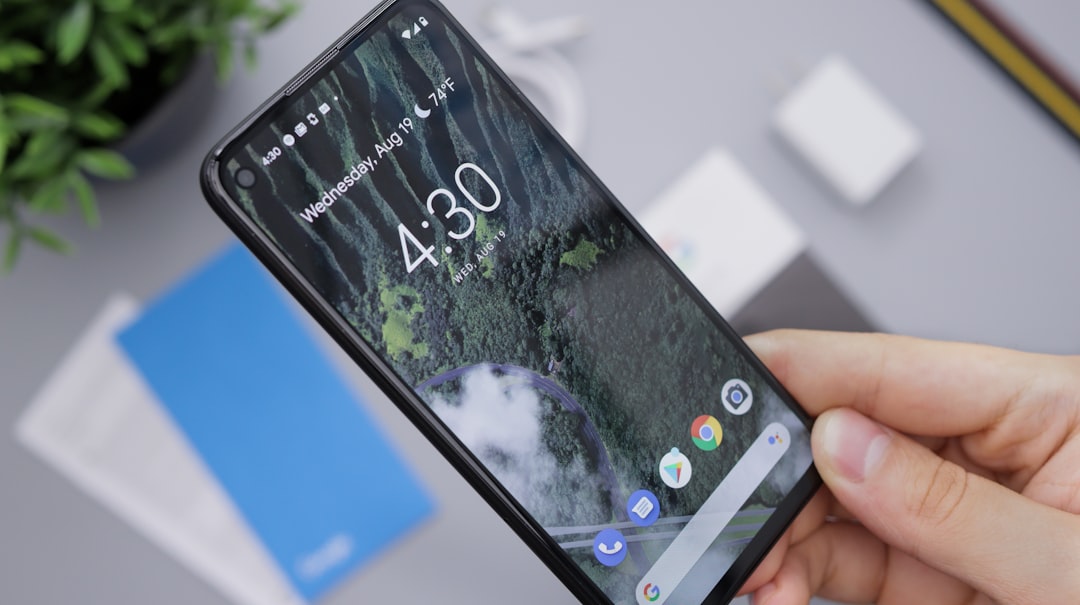In Missouri, telemarketing is strictly regulated by state laws designed to protect residents from unwanted calls, with a key component being the "Do Not Call Lawyers" list. Businesses must clearly disclose call purposes and provide an easy opt-out option. The modern telecom landscape favors personalized interactions guided by data analytics, especially in Missouri, where strict Do Not Call laws influence legal sector marketing. Residents can combat unwanted calls by registering on the National Do-Not-Call List (NDCL) and state-specific lists, while being cautious about sharing personal information to prevent identity theft.
In today’s digital age, telemarketing continues to evolve with new trends and regulations. This article explores what Missouri residents need to know about the future of telemarketing calls, focusing on understanding state-specific laws and protecting oneself from unwanted communications. With a shift towards more targeted and personalized marketing, we navigate the changing landscape, highlighting best practices for residents and dispelling common misconceptions, ensuring compliance with Do Not Call lists, especially in Missouri.
Understanding Telemarketing Regulations in Missouri

In Missouri, telemarketing is regulated by state laws designed to protect residents from unsolicited calls and intrusions. One key regulation is the “Do Not Call Lawyers” list, which allows individuals to opt-out of receiving marketing calls from legal professionals. This list ensures that residents can enjoy peace of mind, knowing their privacy is respected.
Missouri’s telemarketing rules also mandate that callers provide clear disclosure about the purpose of the call and offer a way for recipients to opt-out or stop future contact. These measures are in place to empower Missourians and give them control over their communication preferences. Adhering to these regulations is crucial for businesses engaging in telemarketing activities within the state.
The Evolving Landscape of Telemarketing

In the ever-changing telecommunications landscape, telemarketing has undergone a significant metamorphosis. The traditional image of sales representatives flooding phone lines is quickly fading as technology advances and consumer preferences evolve. Today’s telemarketing strategies are more nuanced, focusing on personalized interactions and data-driven insights to connect with potential clients effectively. This shift is particularly notable in the legal sector, where Do Not Call laws, including those specific to Missouri, have reshaped how businesses approach prospective customers.
As Missouri residents navigate this evolving space, they can expect a more sophisticated telemarketing experience. Companies are increasingly adopting automated systems and advanced analytics to target specific demographics and tailor their messages accordingly. This new era of telemarketing emphasizes consent, privacy, and respect for consumer choices, ensuring that interactions remain positive and compliant with state regulations.
Best Practices for Residents: Protecting Yourself from Unwanted Calls

Missouri residents can take several proactive steps to protect themselves from unwanted telemarketing calls, especially those from law firms or attorneys. One of the most effective methods is to register on the National Do-Not-Call List (NDCL). This federal registry ensures that your phone number is not used for telemarketing purposes by any company or lawyer operating within the United States. Additionally, many states, including Missouri, have their own do-not-call lists that offer further protection against local and regional telemarketers.
Further, residents should be cautious about sharing personal information over the phone. If you receive a call from an unknown source, especially law firms or attorneys, it’s best to hang up and verify the caller independently. Never provide sensitive data such as Social Security numbers or financial details unless you have initiated the contact and are sure of the caller’s legitimacy. This simple precaution can go a long way in preventing identity theft and fraud.






